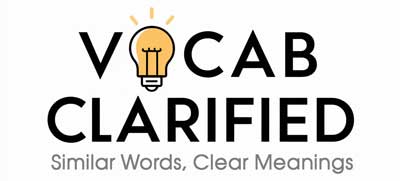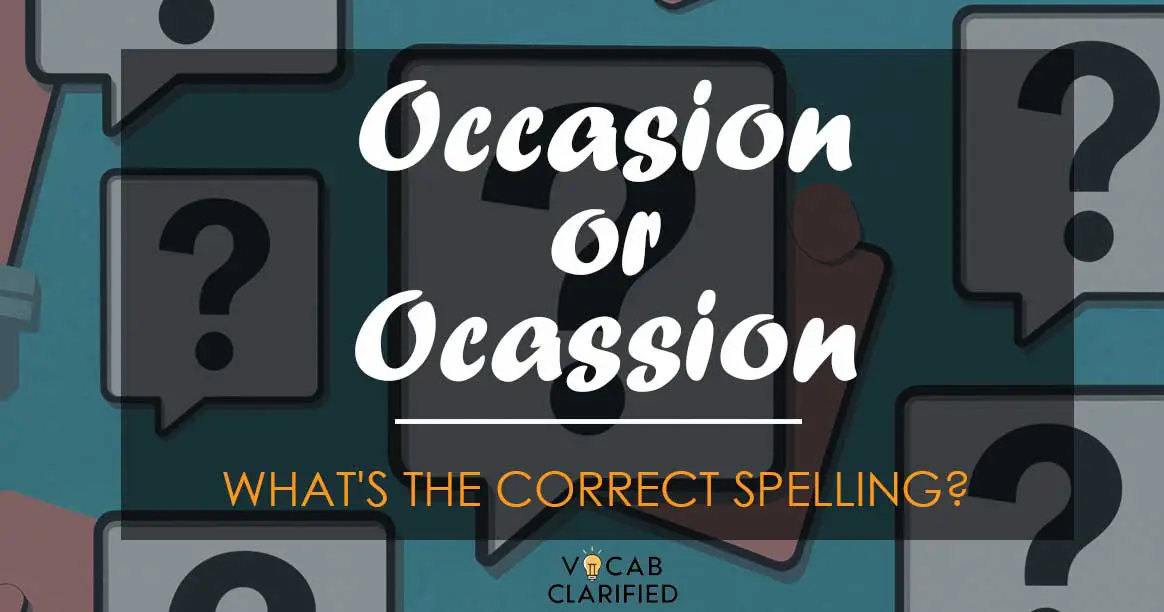When writing a special event or celebration, you might find yourself pondering whether to use “occasion” or “ocassion”.
This common confusion can lead to embarrassing typos if not clarified. Let’s delve into the proper usage and differences between these two terms.
Understanding Occasion And Ocassion
Occasion: Definition and Usage
The word “occasion” is the correct spelling used to refer to a particular event or happening. It is typically used in the context of celebrations, ceremonies, or significant events. For example:
- The wedding was a grand occasion.
- We met on several occasions.
Ocassion: Definition and Usage
“Ocassion” is a common misspelling of the word “occasion.” It does not have a valid definition or usage in English. For instance:
- Incorrect: The wedding was a grand ocassion.
- Incorrect: We met on several ocassions.
Side-by-Side Comparison
To further clarify the differences and help you decide which to use, here’s a side-by-side comparison:
| Aspect | Occasion | Ocassion |
| Definition | A particular event or happening | Common misspelling |
| Common Usage | The event was a memorable occasion. | Incorrect: The event was a memorable ocassion. |
| Key Differences | Correct spelling used in formal contexts | Incorrect spelling; should be avoided |
When deciding between “occasion” and “ocassion,” always use “occasion.” The latter is a misspelling and should be avoided in all contexts.
Remember, spell check tools can help, but understanding the correct usage is essential for error-free writing.
Everyday Usage Examples
Understanding how to correctly use “occasion” in various contexts can help solidify your grasp of the word. Here are more examples to illustrate its everyday usage:
- Celebrations and Events:
- We have a special occasion to celebrate tonight.
- She wore a beautiful dress for the occasion.
- Birthdays are occasions to gather with family and friends.
- The anniversary was marked by a grand occasion at the city hall.
- Regular Occurrences:
- On rare occasions, he would visit his old hometown.
- There are occasions when silence speaks louder than words.
- I have met him on several occasions, and he is always very friendly.
- Formal and Ceremonial Contexts:
- The inauguration was a momentous occasion for the community.
- The award ceremony was a formal occasion, attended by many dignitaries.
- Graduations are significant occasions in a student’s life.
- Personal Milestones:
- She marked the occasion of her promotion with a small party.
- Their engagement was a joyous occasion for both families.
- Completing the marathon was a proud occasion for the runner.
- Everyday Situations:
- He uses his best china only on special occasions.
- There were a few occasions when she felt overwhelmed by work.
- The holiday season is an occasion for giving and sharing.
By incorporating “occasion” into different contexts, you can see its versatility and understand why it’s the preferred and correct spelling.
These examples showcase how to appropriately use “occasion” in everyday language, ensuring your writing is precise and professional.
Conclusion
In conclusion, “occasion” is the correct spelling you should use when referring to events or special happenings. “Ocassion” is merely a common misspelling that should be avoided.
By remembering this distinction, you can ensure your writing remains professional and error-free.

